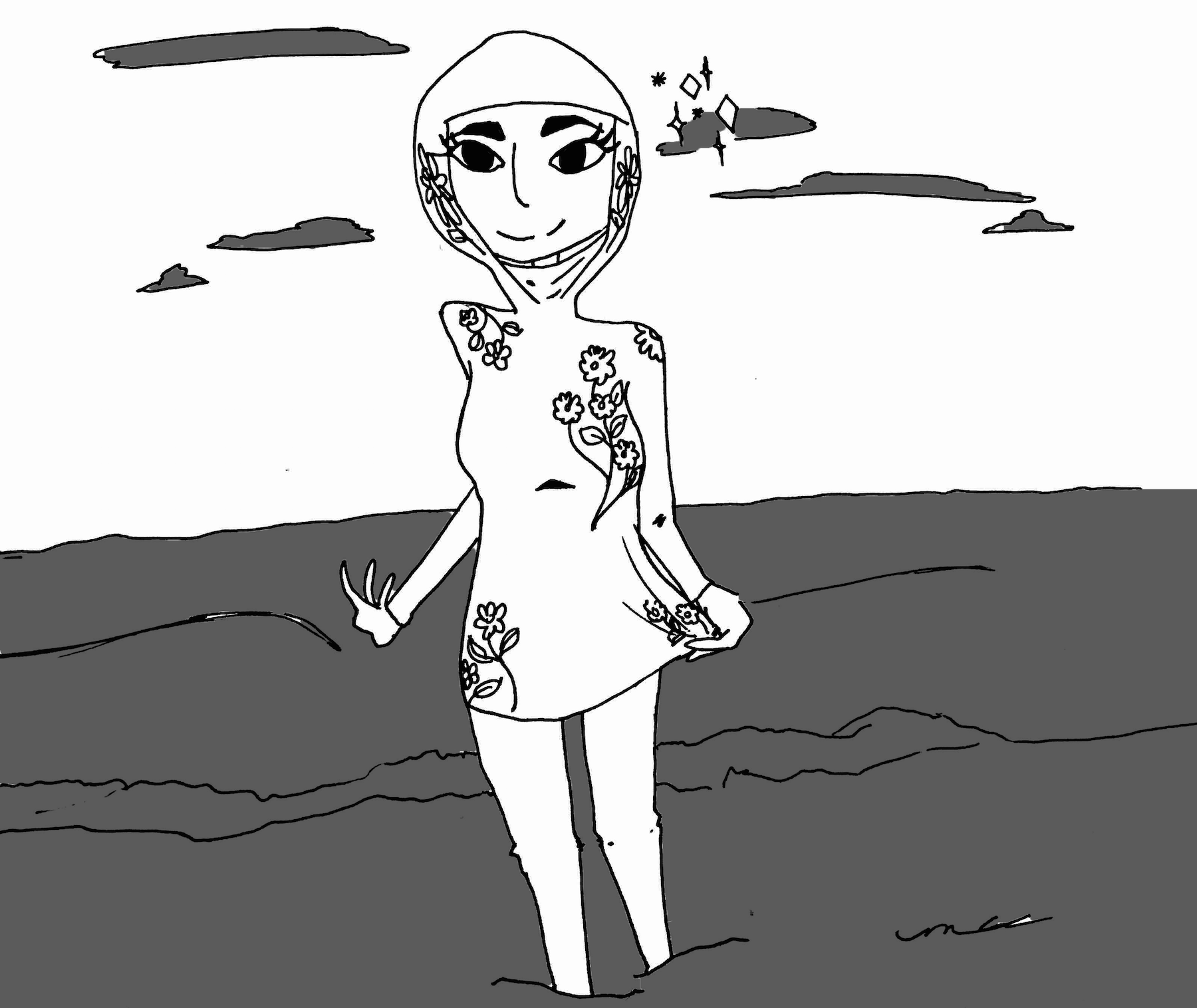In the 1950’s, it was common for European woman to receive citations from authorities while at the beach for wearing bikinis that were “too revealing.”
I can see why someone might receive a fine for showing too much skin in a public place; but fast forward to 2016, and women in France’s coastal regions are being fined for not showing some skin.
The burkini, which is a bathing suit designed for Muslim women who wish to sport Islamic religious garb while at the beach, has been banned in 30 French municipalities.
Why? Their religious garb is seen as a national security threat, according to French politicians who voted in favor of the ban.
Wearing a piece of fabric is not going to convince someone to become an Islamic extremist.
David Lisnard, mayor of Cannes, France, described the burkini as “the symbol of Islamic extremism,” while the nation’s very own Prime Minister, Manuel Valls, also stated that the burkini represented the “enslavement of women.”
Despite France’s highest administrative court ruling that this bathing suit ban is actually illegal and a “violation of fundamental freedoms,” most of the mayors in these French towns have decided to keep the ban.
A bathing suit designed for Muslim woman should not cause panic; however, as a result of the recent terrorist attacks that France has undergone by Islamic extremists, it is a problem — for bigots.
France’s politicians — and anyone who supports the ban — must understand that there is no affiliation between a burkini and extremism.
The only “enslavement” I see is being done by the so-called secularist French politicians. They are creating a hostile environment where a woman cannot wear what she wants — especially if she’s Muslim.
Not only does this ban take away a woman’s right to choose what she wears, it shows how predominant Islamophobia is in the so-called “progressive” nation of France.
The ban comes just a month after the Islamic State claimed responsibility over an attack that left 84 people dead in Nice, one of the towns that strictly enforced the law.
On Aug. 23, at a beach in Nice, a woman wearing a burkini was confronted by four armed policemen and not only forced to take off her so-called “extremist” bathing suit, but also given a fine of 150 euros – which translates into 205 USD.
In no world should a woman be forced to publicly undress, regardless of what she is wearing.
French politicians are stripping women of their religious rights and instilling fear in Muslim women. They are attempting to gradually make these women conform to their own standards of what a woman should look like and how she should express her religion.
There has been much debate on whether headdresses in general are oppressive or not.
In 2011, CNN hosted a live debate between two Muslim women, Hebah Ahmed and Mona Elthaway, after France had banned the niqab and burqa, which are head coverings worn by Muslim women.
In the debate — Ahmed, who is a niqab-wearing blogger who stood against the ban, argued that she wears the headdress because she “is fighting against a systematic oppression against women, in which women’s bodies are being sexualized and objectified.”
Ahmed describes it as a different form of empowerment that allows her to be in control of her sexuality in public and forces others to deal with her brain rather than body.
Elthaway, a Muslim against wearing headdresses, argued that everyone should agree with the French government banning the religious outfit, stating, “It represents an ideology that does not believe in Muslim women’s right to do anything but choose to cover her face.”
In agreement with Ahmed, I believe there is nothing more empowering than a woman being able to choose for herself, whether it be choosing to cover up or bare it all, and this ban is taking away that right.
While the Quran does mention that Muslim women should dress modestly, it does not specifically state that they must wear a headdress.
Moreover, during the Rio Olympics, there was plenty of conversation about an Egyptian volleyball player wearing a headdress with her fully clothed uniform compared to the German players who were in bikinis.
While many social media users viewed the coming together of two cultures as a beautiful and interesting sight, other users were quick to say that the stark contrast between the two countries displayed the “oppression” of the female Muslim community and the “freedom” of the West.
Other Egyptian players were not wearing the burqa, exemplifying that adopting a headdress is a choice made by the wearer, not a requirement.
Burkinis give Muslim women a chance to go out and enjoy doing things they were not able to do before, like swimming or going to the beach.
Lisnard said burkinis were a sign of the “salafisation of our society,” or an attempt by Muslims to sway the religious structure of France.
Nicolas Sarkozy, who is currently the right-wing front-runner in the French presidential elections, not only wants to ban the burkini nationwide, but also plans to ban Muslim headscarves from being worn in universities and workplaces.
Article 9 of the European Convention on Human Rights clearly states, “Everyone has the right to freedom of thought, conscience and religion or belief and freedom, either alone or in community with others and in public or private, to manifest his religion or belief, in worship, teaching, practice and observance.”
The burkini ban is a result of politicians, once again, trying to regulate women and their choices. Out of fear of extremism, they are taking away Muslim women’s freedom of religious expression.
While these politicians fear for the lives of non-Muslim citizens, they are oppressing and objectifying the rights of Muslim women in the country.




